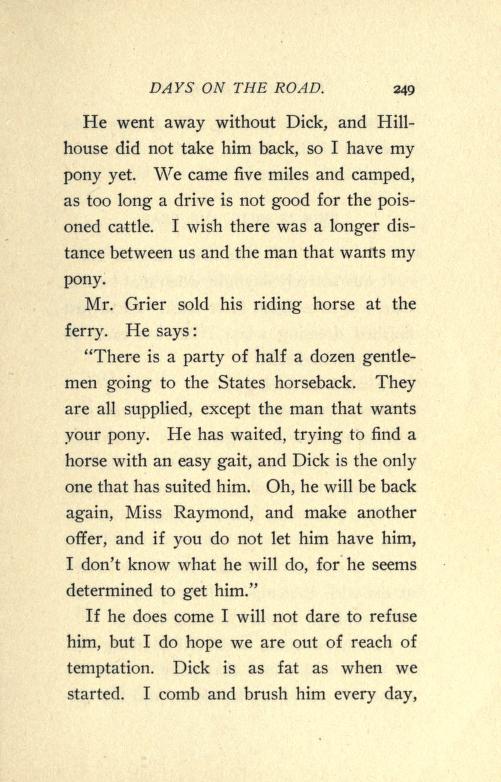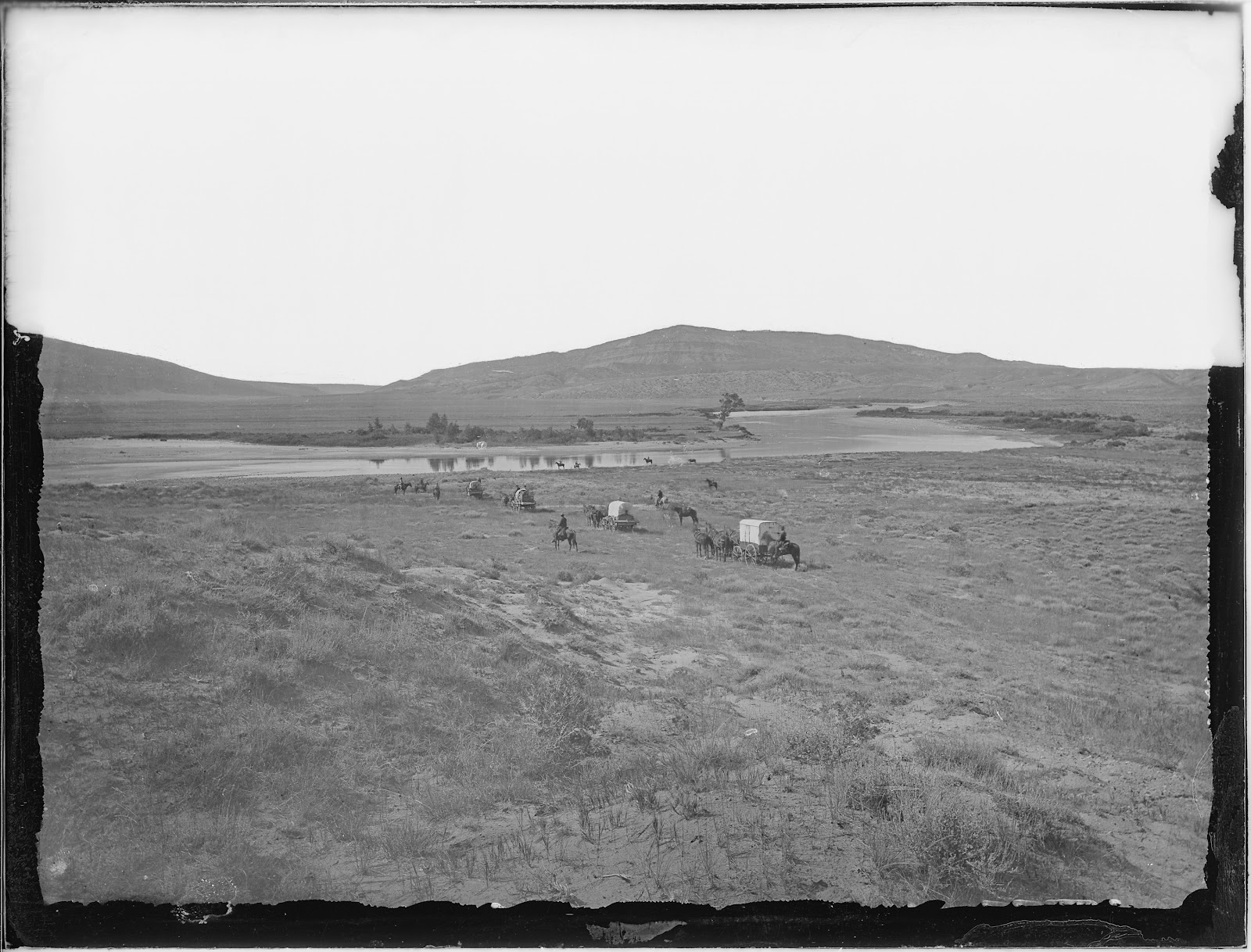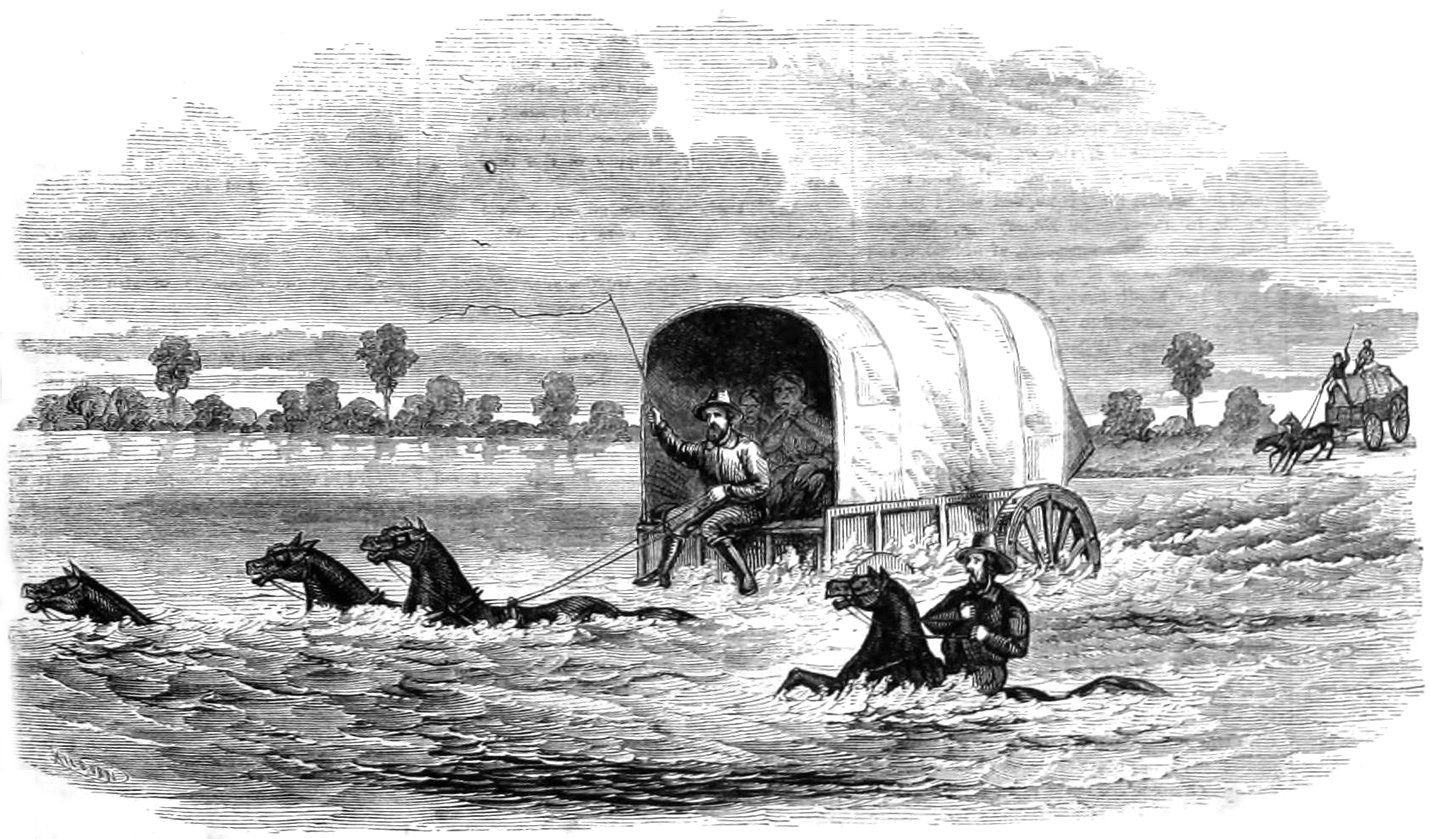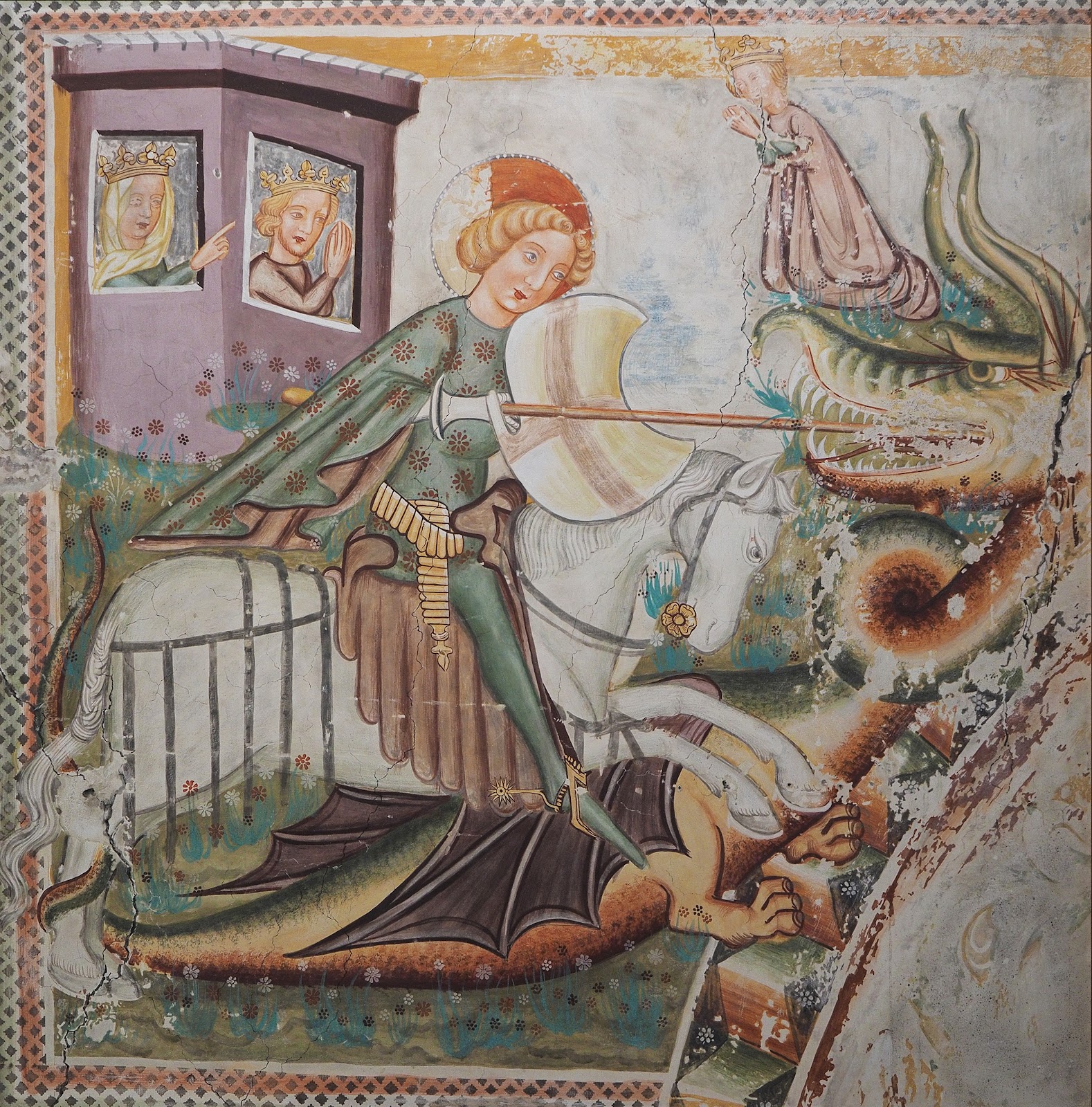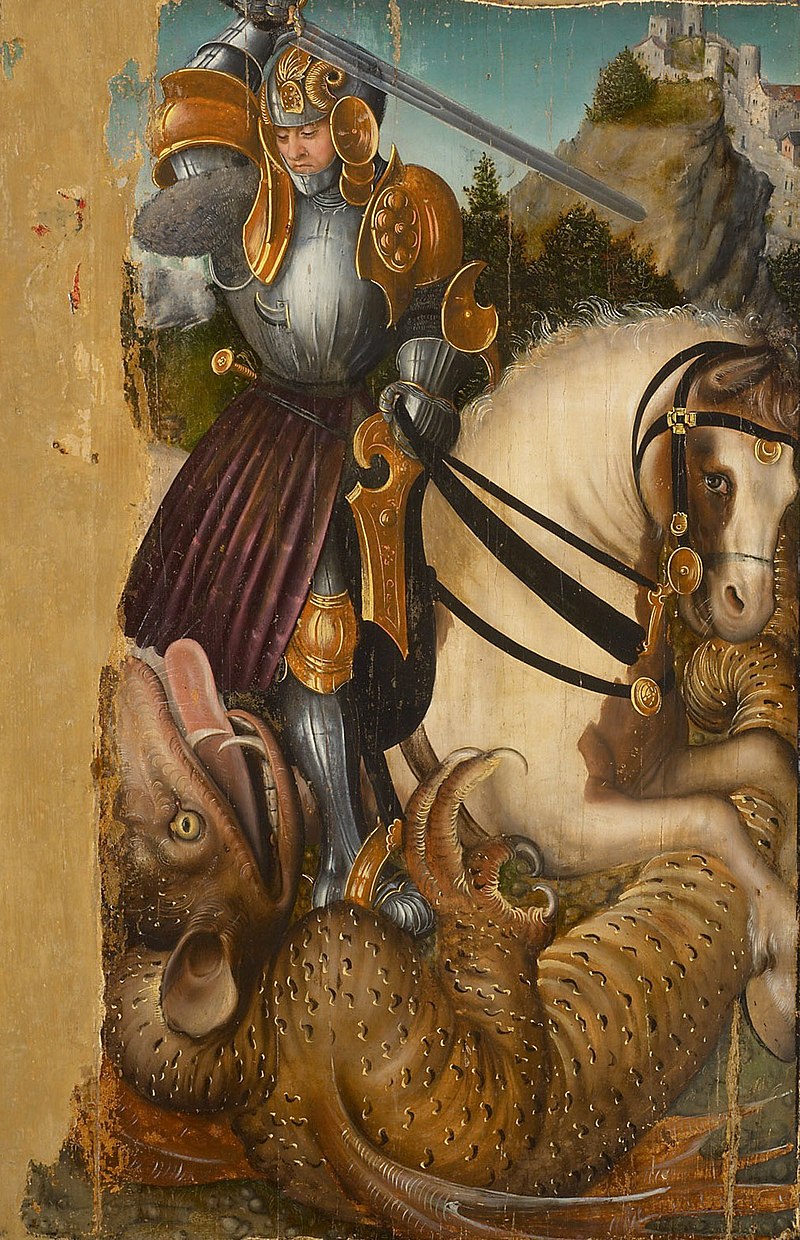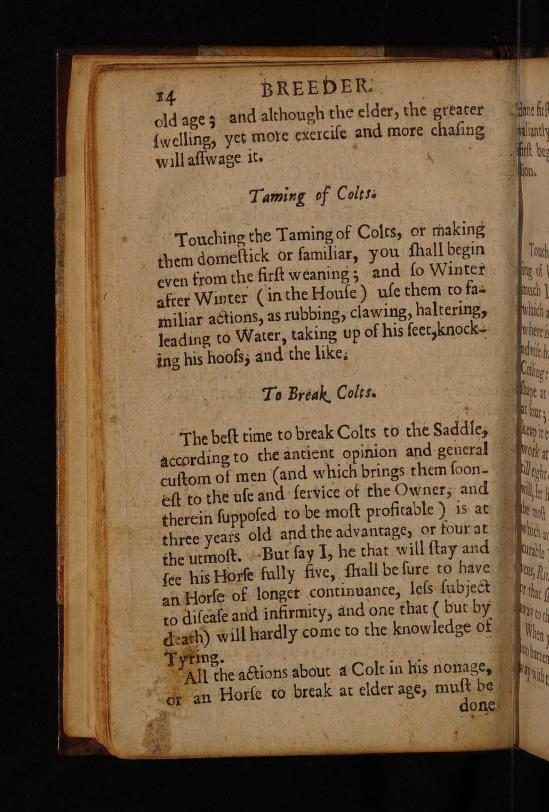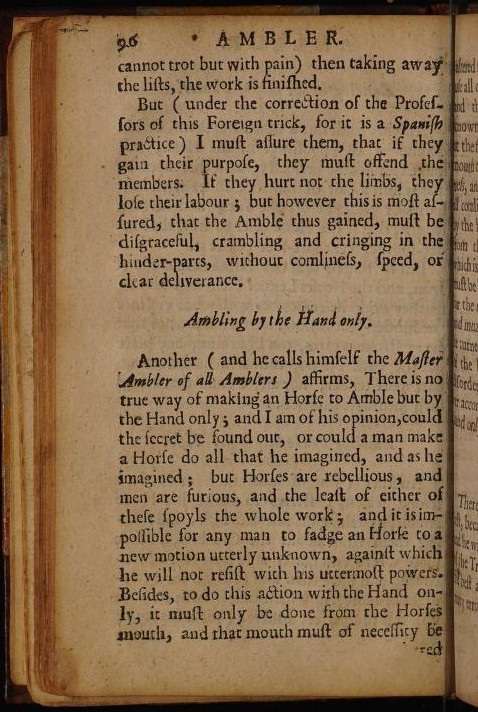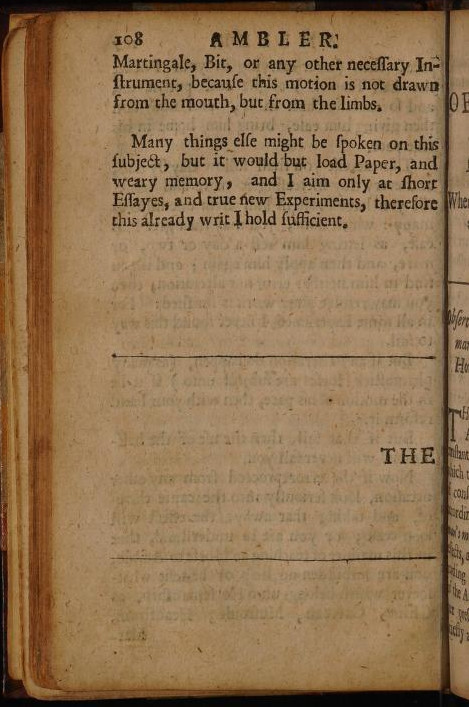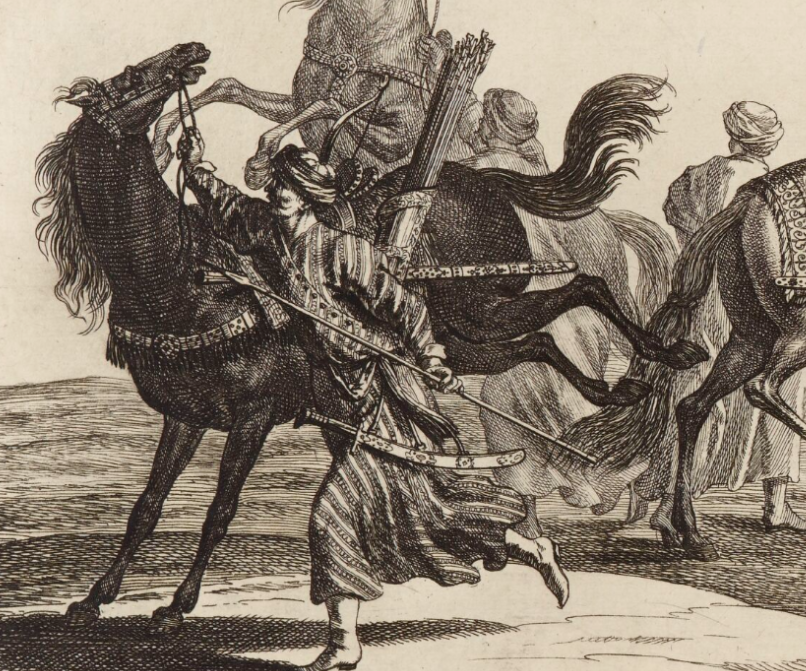Salvete Omnes,
I just have finished listening to Days on the Rad (Archive audiobook) - by Sarah Raymond Herndon, a Missourian who along with her family crossed Great Plains going to Virginia City , Montana in 1865.
You can read the book too - also on archive.org.
The book - based on the journal written during the travel from Memphis, Tennessee to Montana,- starts on May1, 1865. Our narrator was sort of an Amazon, she rode her horse or rather a pony named Dick, and she was not alone, more girls rode with Sarah, often ahead of the train or along with the moving train.
We read about Sarha saddling and riding her pony, but more about this horse appearance we learn at the very end when Sarah was sort of bullied into selling Dick (for 125 dollars in gold dust ) to a miner returning to the 'States' from the gold fields of Montana. Here is the tale as she told it:
Sarah not only rode her pony, but also drove the wagon, as she was traveling and living in it with her mother and 2 sisters.
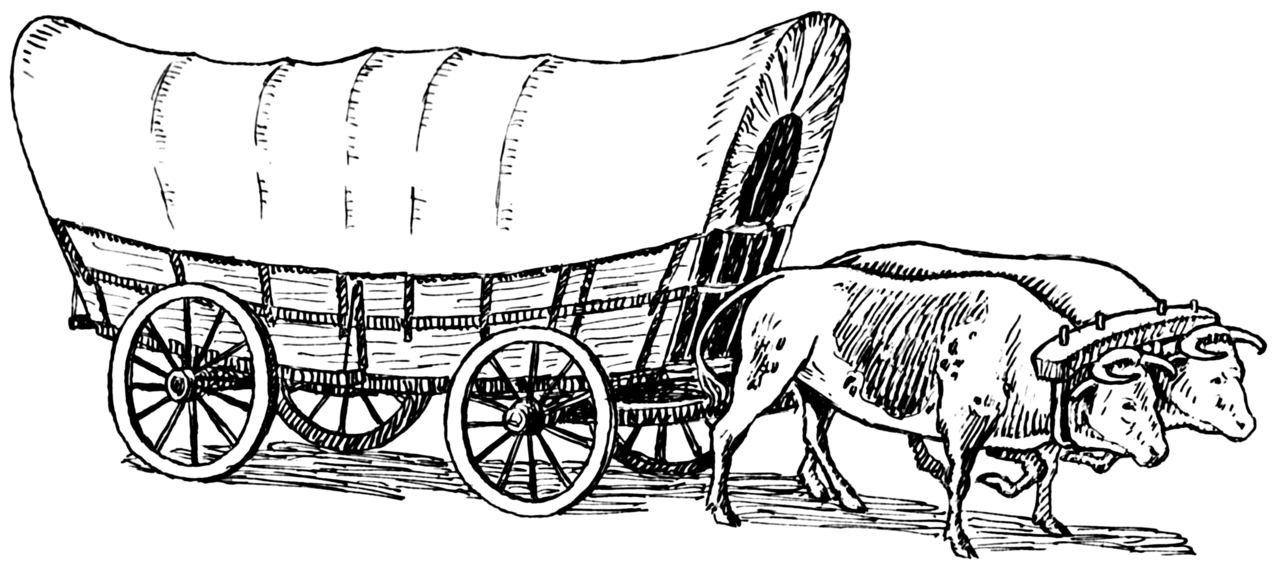 |
| prairie schooner and a pair of oxen |
Their small wagon train crossed the Plains during the Indian war and hostilities, causing this small group of migrants to be fearful and very watchful, but thankfully they suffered no encounters with the Sioux and Cheyenne warriors scrimmaging with US Army's cavalry and infantry deployed on the Plains. She said in her diary that she was afraid more of a wind- storm than of Indians.
They suffered one killed from a loaded gun accident, the negligence on the part of the gun owner.
 |
| McClellan saddle at Fort Kearney |
At Fort Kearney, Nebraska, Sarah came across the former rebel (Confederate) soldiers and officers from Georgia and Alabama, who were forced into the federal army and service on the wild Indian frontier. Arriving at Julesbourgh they came there 2 weeks(she says 3,, but the fight took place on June 7, whereas she arrived there on June 21) after the big fight between the Army and Indians had occurred there. She saw some Indian women and children prisoners taken at Fort Laramie, and spoke with more former Confederate soldiers forced into US Army.
Sarah had no high opinion of the Indians she encountered on her trek, and her depictions of her encounters rather shows the destruction of the native peoples in face of the progress and passing of their way of life (still some 10-20 years away).
I like this book for what it is, and if you are interested in the 1860s pioneers' experiences while crossing the Plains and told by a young woman then this book is for you too.
nota bene, here is a link to Goodreads with their ratings and little 'reviews' about this historical diary.
Valete




